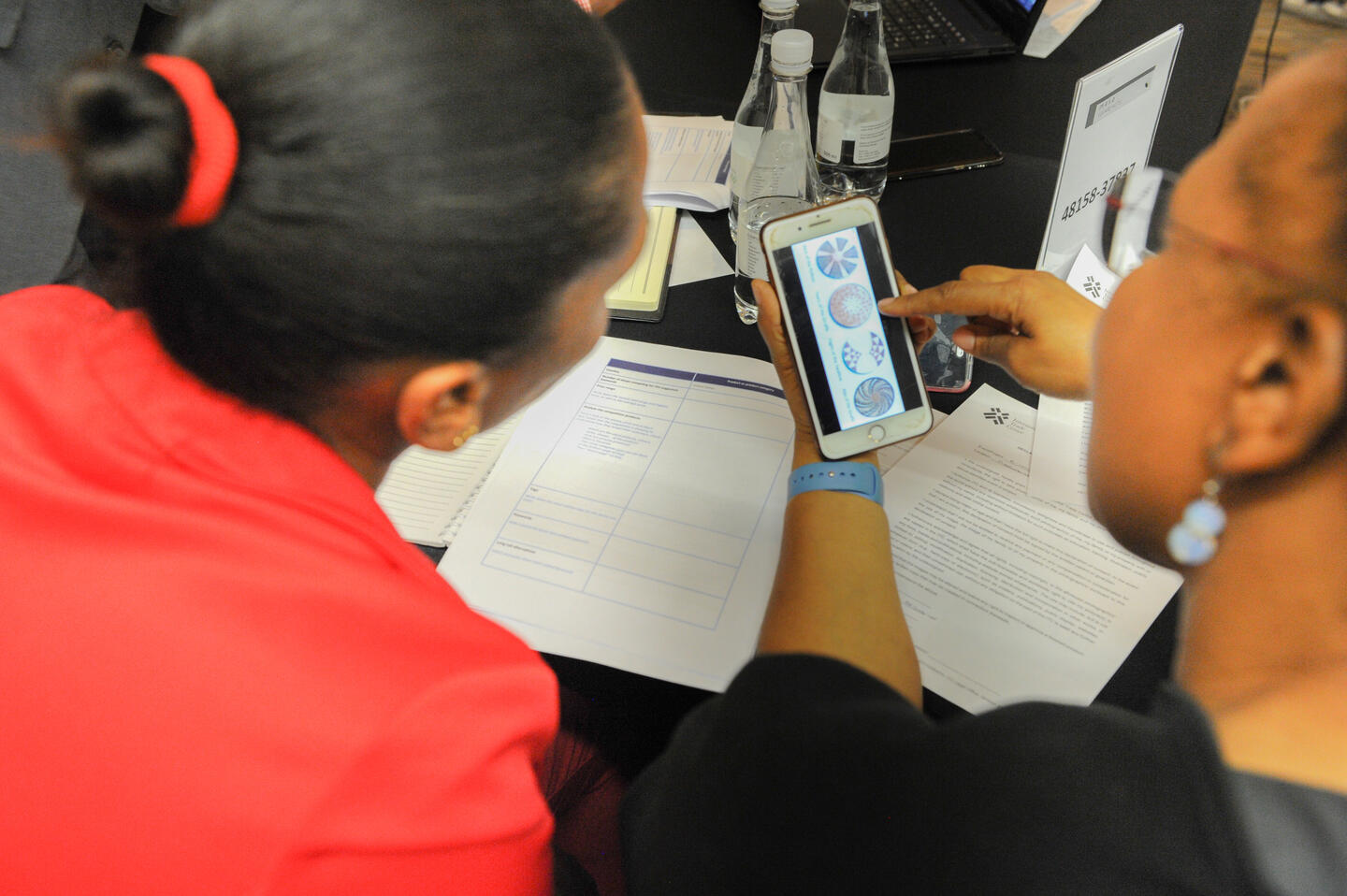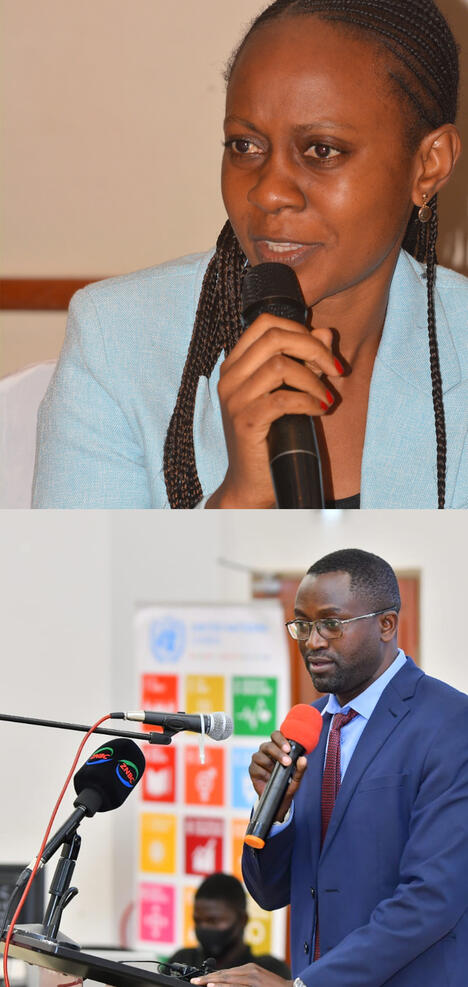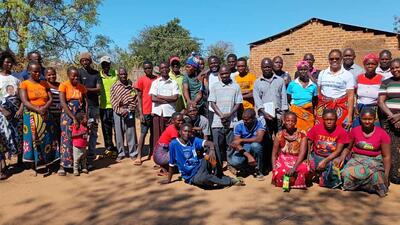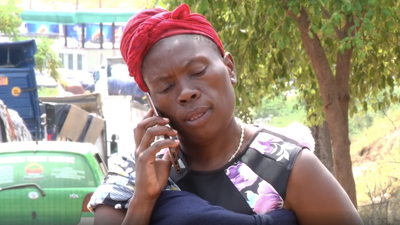
Digital connectivity: A case study from Lusaka
Trade Forum talked to lecturers, Bupe Simuchimba and Dale Mudenda of the University of Zambia about their findings and recommendations when it comes to small businesses in Lusaka using the internet – and how connected they really are.
You carried out research on internet connectivity among small businesses in Lusaka. What were you trying to find out?
We wanted to see how many micro, small and medium-sized enterprises (MSMEs) in Lusaka were connected to the internet – and how they were using it for their business purposes.
Why?
The International Trade Centre and the Zambia Information and Communications Technology Authority (ZICTA) asked us to carry out this research to identify the opportunities and barriers that these small businesses are facing when using the internet. Our findings may shape future policy interventions to improve the current business environment by focusing on connectivity. The information gathering involved interviews with MSMEs as well as tech hubs, policymakers and internet service providers.
How did you go about it?
We performed an extensive literature review. Then we carefully designed surveys for different groups (together with ITC and ZICTA). We interviewed small businesses, tech hubs and policymakers. After analysing the survey results, we wrote a report including recommendations.

What were your findings?
Most of the small businesses we interviewed use mobile phone-based internet connectivity and portable devices, like dongles or modems. So, they do have access to the internet, with mobile internet subscriptions accounting for 99% of all available internet subscriptions. Unsurprisingly, the pandemic significantly increased internet usage: 88% of the MSMEs in Lusaka stated that using the internet had increased by 25% to 50%.
However, they use the internet only for a limited range of services that includes advertising, market research and digital transactions. It was surprising to find that most businesses do not have a website and rarely use internet services to advance or innovate their product range.
Moreover, we found out that most enterprises could not effectively use internet for their business operations due to various risk factors and constraints that include cyber security, lack of ICT skills, and the high costs of using the internet.
Most institutions that provide digital skills training such as tech hubs are in urban areas. Additionally, rural areas face challenges in accessing support utilities such as electricity.
Internet connectivity is disrupted at least once a week in urban Lusaka due to unstable electricity supply; in rural areas this disruption is even worse.
Finally, most entrepreneurs are not familiar with the legal and regulatory frameworks concerning the IT, ICT and IoT sectors.

Why is the internet expensive?
Zambia, a landlocked country, has limited access to international communication infrastructure. Zambia relies on satellite links or interconnection agreements with neighbouring countries. Three-quarters of the surveyed MSMEs saw the high cost of internet access and devices as a constraint.
In Zambia, the cost of internet access is affected mainly by four elements:
- the strength of the Zambian Kwacha (local currency)
- the high cost of fibre termination fees at towers
- the high cost of in-country transit and transport costs for connectivity, and
- custom duty on cables.
Another factor linked to high costs is the limited number of internet service providers in the market.
What are your recommendations?
The findings suggest that the Zambian Government should consider developing a strategy that fosters information and communications technologies and connectivity among micro, small and medium-sized enterprises. This would enhance their productivity and resilience.
In addition, targeted fiscal incentives could lower the cost of digital devices (such as smart phones) and provide better access to stable and faster fixed-broadband connectivity, such as fibre connectivity.
To complement these services, entrepreneurs should have the opportunity to develop their skills. Educating themselves and raising awareness would not only improve their capabilities of using the internet to their advantage but also bring more safety to the internet users.
Finally, we recommend that small businesses connect to technology hubs. Very few indicated that they were affiliated to any technology hub, but they can assist businesses with achieving greater efficiency in their operations and improving their growth and business capacities.
ITC’s FastTrackTech Project initiated the research mentioned in this interview. Digital connectivity has become a very relevant challenge in Africa, which is why ITC started a pilot on digital connectivity, called SwitchOn.
ITC will publish this research in a paper, which will be available for free download here. The insights inform policymaking in this area, internet service providers and other players who operate in this area, as well as creating insights for Zambian and other African digital businesses.
















